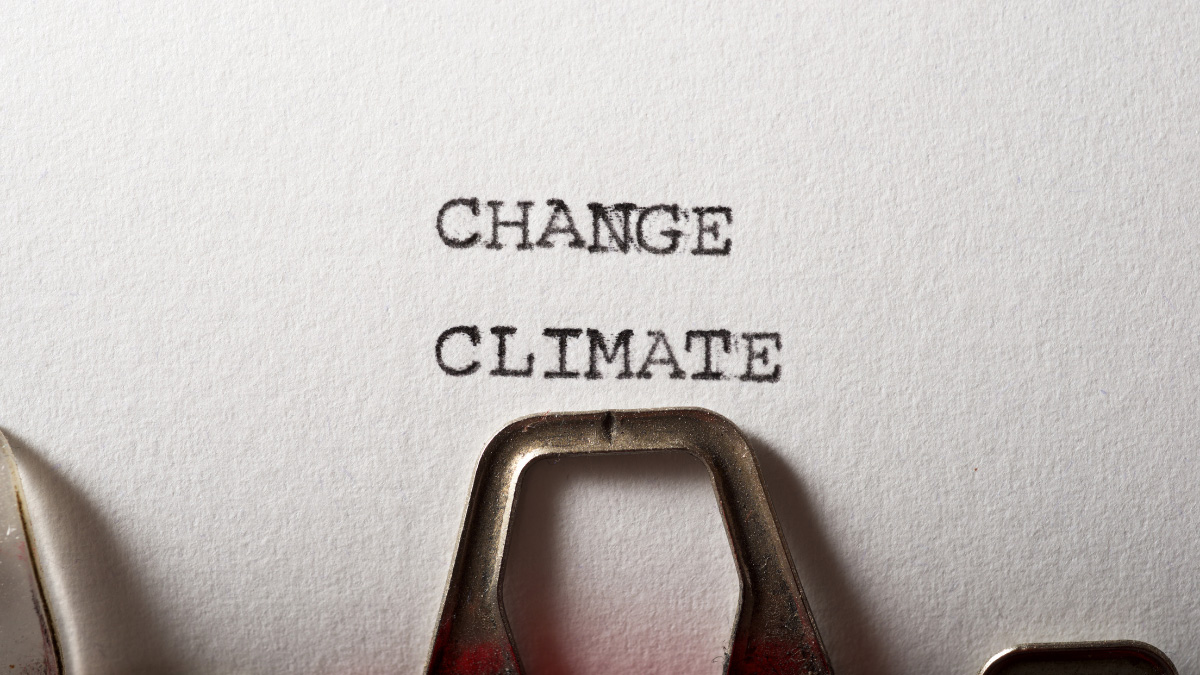 Actuaries and Climate Change
Actuaries and Climate Change
In 2015 Bill Gates delivered a TED Talk, warning that the next big risk event likely to hit the world would be a pandemic. Few paid attention. However, since March 2020, when the COVID-19 pandemic truly started to have widespread and unprecedented global effects, Mr Gates’ message finally reached the mainstream. Of course, it is easy to look back in anger with the benefit of hindsight, and lament the lack of ‘preparedness’ towards such a monumental and catastrophic risk event, such as the recent pandemic that has severely disrupted our lives.
It does however beg the question: what other global risks are there that we should be thinking about, preparing for and mitigating as far as possible, now before they strike in the future? The list is long: Terrorism, weapons of mass destruction, natural disasters, water crises, adverse technological advances, information infrastructure breakdown and cyber-attacks to name a few. However, top of the list for many governments, and societies, is the potential impact of climate change and the myriad of associated risks that it brings about.
There are many potential consequences of a warming planet, including some that we likely haven’t yet even considered or thought about (black swan events?). The obvious risks include an increase in more extreme weather events (e.g. floods, droughts, heatwaves and wildfires), declining water supplies and a reduction in agricultural yields. However, the situation is complex and there are also a large range of other risks associated with climate change. Some other risks we may experience as the situation unfolds, include economic disruption (e.g. from changes to fishing, agriculture and tourism), increased health risks (e.g. from droughts, wildfires and a greater spread of infectious diseases) and societal disruption.
There is overwhelming scientific evidence to suggest that we are currently experiencing significant global warming and that human activities such as deforestation and the burning of fossil fuels are the major cause of the temperature increase we are facing.
Climate change is now an internationally recognised issue and the 2015 Paris Agreement has resulted in an international response to combat the problem. However, the aims of the agreement (e.g. to keep the global temperature increase well below 2 °C above pre-industrial levels) are onerous with many climate change experts arguing that we are not currently on track to meet these targets. For example, even though COVID-19 lockdown measures brought about a welcome reduction in CO2 emissions, atmospheric greenhouse gases show no signs of peaking.
Anywhere where there are complex risks that involve deep uncertainty and require sophisticated modelling of the future, the actuarial profession has the potential to contribute. Many risks nowadays are complex, intertwined and form part of a system. In other words, they are often challenging to unravel and it can be extremely difficult to grasp the far-reaching effects and prepare adequately for the future. Actuaries are well used to dealing with complex risks and forecasting, and hence there is a convincing argument that we can play an important societal and business role in forecasting, enhancing understanding and providing transparency in the area of climate change.
Areas in which actuaries may play an important role include modelling and providing clarity on include:
Actuaries may also provide key input into areas of concern such as adverse selection (insurance companies not allowing for climate risk may be adversely selected against), investment implications (e.g. from further pressure to move into clean energy companies) and ensuring certain insurance products remain affordable, especially to those in need.
Clearly, the world is becoming more complex, and there is an ever-increasing need to understand and navigate these complexities and uncertainties. Actuaries, with their strong statistical and modelling skills, combined with strong communication skills, seem well placed to play an important future role.